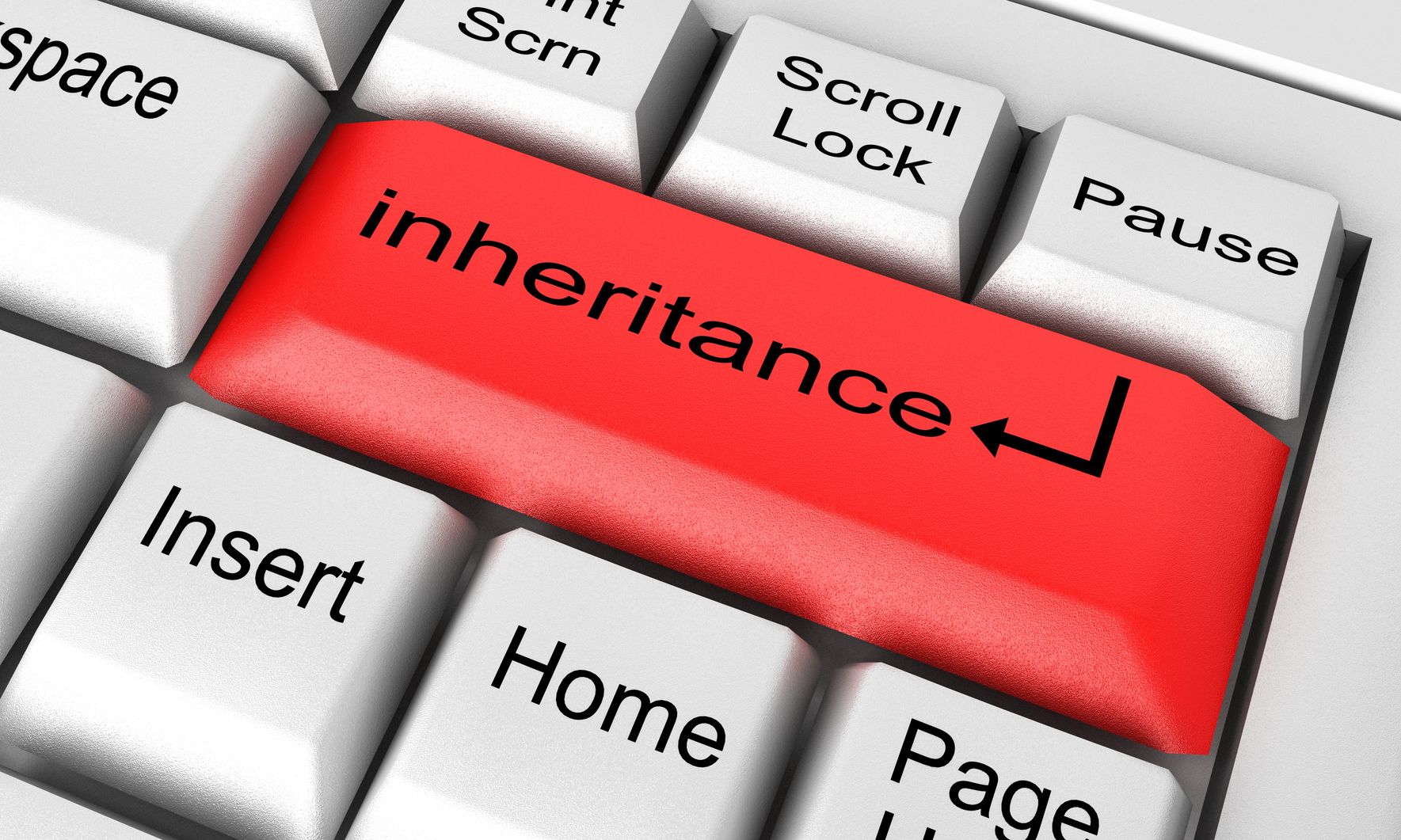
You’ve been named as a beneficiary in a will – what happens now? You probably have a lot of questions such as when will you get your inheritance? How much will it be? Will there be any tax to pay on it? And how can you make the best use of what you’re about to inherit?
But, don’t worry, with careful planning and good advice you can use your inheritance to its best advantage, just as your loved one would have wanted. Both your solicitor and financial adviser will come in useful here but we’re going to cover the main points you should be considering in advance.
Who makes sure the will is carried out?
The person who is responsible for carrying out the wishes in a will is known as the executor. This could be you, even if you’re also a beneficiary. The executor’s responsibilities consist of gathering, calculating, valuing and distributing the assets of the estate as well as settling any debts and paying off bills left behind.
If you’re the executor, you will more than likely need the help of a solicitor to handle the practical side of things. This will not only save you a lot of time but will ensure your duties are fulfilled correctly.
How soon will I get my inheritance?
You won’t receive your inheritance as soon as the person dies, it can take up to a year for everything to be sorted. This is known as probate and will take longer if there is a large estate, a detailed will or any other complicated circumstances. Even if things are straightforward, expect to wait at least six months.
What is probate?
The financial process involved in dealing with the property, money and possessions of a person who has died. The chosen executor will be asked to gather and distribute the assets to beneficiaries of a will and have to pay probate court costs of £215. Or you can ask a professional to do it for, although you may then end up paying hefty probate fees.
What happens if there’s no will?
If someone close to you dies, check with their solicitor to see if they have written a will. If no will exists, you should seek advice from your own solicitor to try and obtain authority as an administrator (you can only do this if you’re a blood relative). Otherwise, the asset will be disturbed in the eyes of the law as per the Rules of Intestacy.
What to do after receiving the inheritance?
If you’re receiving a large amount of money or other assets such as a car or property, you’ll want to make the most out of it to ensure that you’re not wasting the opportunity. You should seek financial advice as an adviser can help you to think in more depth about the context of your circumstances and overall plans. They will also help you put your assets to good use, for example with a property they can help you decide whether to sell it or keep it as an investment for yourself. They can also help you decide what to do with a lump sum of money, should you save, invest or add to your pension? Whatever help you need, they can put the practicalities in place for you.




 POSTED BY
POSTED BY 

